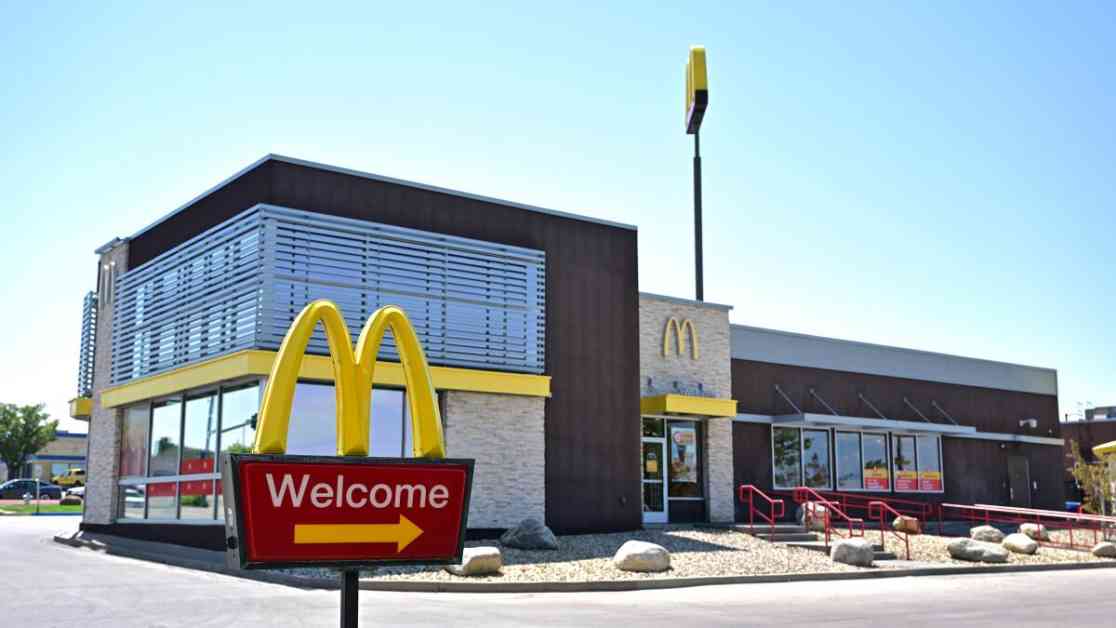A recent outbreak of E. coli linked to McDonald’s Quarter Pounders has caused concern across multiple states in the US. The U.S. Centers for Disease Control and Prevention (CDC) has reported that at least one person has died as a result of the outbreak, with around 50 people infected so far. The majority of infections have been reported in Nebraska and Colorado, with a total of 27 and 9 cases, respectively. However, it is believed that the actual number of infections is likely higher, as it can take weeks to confirm if a person is part of an outbreak and many cases go unreported.
Of the reported cases, ten people have been hospitalized, including a young child diagnosed with a serious condition called hemolytic uremic syndrome. Most of the infected individuals reported consuming a McDonald’s Quarter Pounder hamburger before falling ill. The CDC is currently investigating the outbreak and focusing on two specific ingredients in the burgers: fresh slivered onions and fresh beef patties.
In response to the outbreak, McDonald’s has taken proactive measures by removing the implicated ingredients from stores in affected states. As a result, Quarter Pounder hamburgers may be temporarily unavailable in some areas. While the outbreak began in late September, no cases have been reported in California as of now. In addition to Nebraska and Colorado, infections have been confirmed in several other states, including Oregon, Montana, Wyoming, Utah, Kansas, Missouri, Iowa, and Wisconsin.
The CDC advises anyone who has recently eaten a McDonald’s Quarter Pounder and is experiencing severe E. coli symptoms to seek medical attention immediately. Symptoms of E. coli infection include stomach cramps, diarrhea, fever, vomiting, and dehydration, with onset typically occurring three to four days after exposure. Most people recover within a week, but certain groups, such as young children, seniors, pregnant women, and those with weakened immune systems, are at higher risk of developing complications.
Teresa Murray, consumer watchdog director for the Public Interest Research Group, has called for improved food safety measures to prevent future outbreaks. She highlighted the role of poor sanitation practices in E. coli contamination, such as inadequate handwashing, proximity of crops to animal farms, and insufficient testing of food products. The last major E. coli outbreak in 2015, linked to Chipotle Mexican Grill, affected around 60 people nationwide and resulted in a $25 million settlement in 2020 due to contaminated food sickening over 1,100 individuals with various pathogens.
In light of the current outbreak, it is essential for consumers to be vigilant about food safety and seek medical attention if they experience symptoms of E. coli infection after consuming potentially contaminated products. Public health authorities continue to investigate the source of the outbreak and work towards preventing further cases.


























